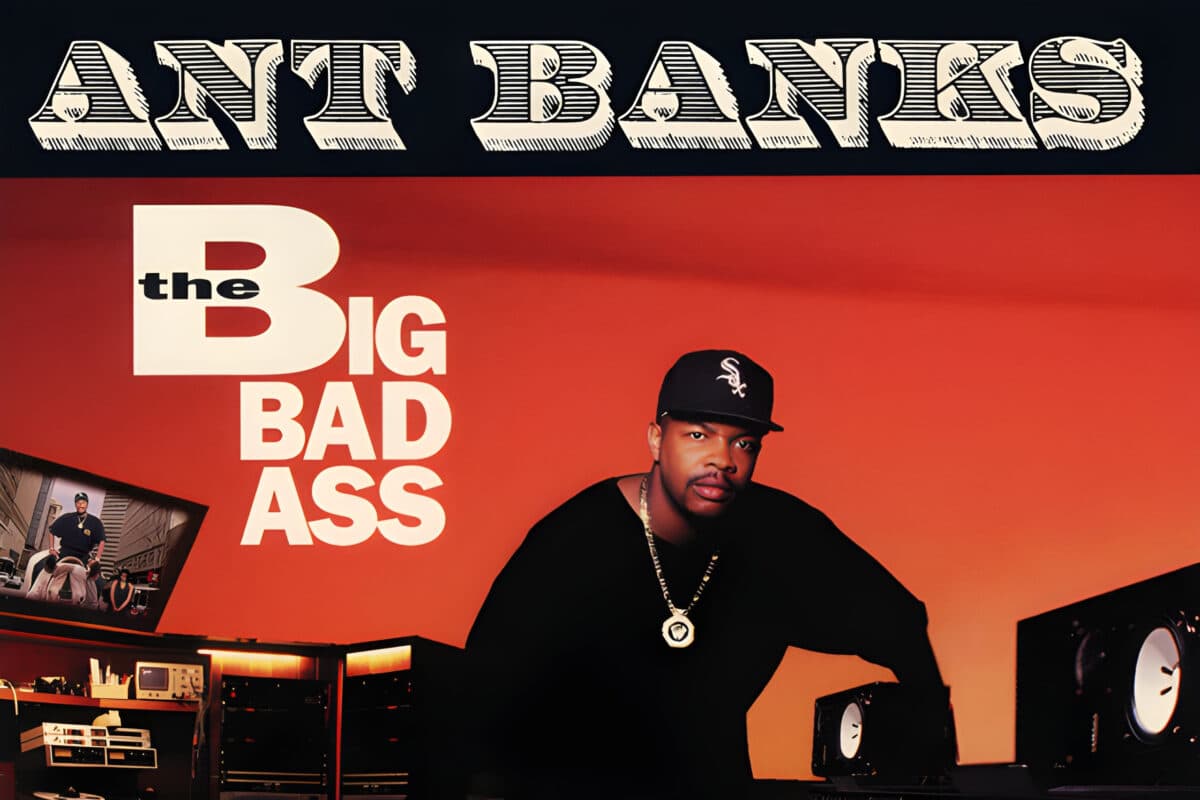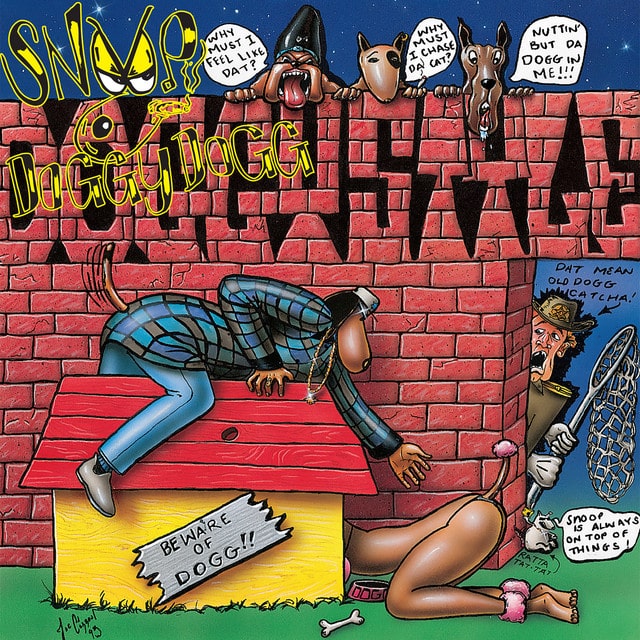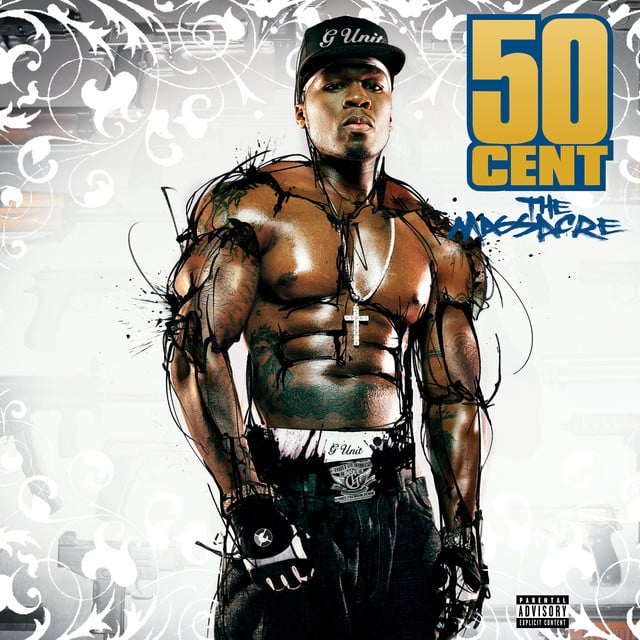Released: 1994
“Streets of Oakland” by Ant Banks featuring Boots of The Coup dives deep into the gritty reality of life in Oakland, California. The song explores themes of survival, hustling, and the harsh street life that dominates the area. Both artists vividly describe the dangers and the daily routines of those living in this tough environment, wrapped up in the rich culture and attitude that Oakland is known for.
The hook sets the tone with a gritty picture of everyday life. Ant Banks describes a typical day in Oakland, with people hustling and working from “dusk till dawn.” The line “niggas in Oakland all day long” suggests a constant grind that defines life in this area, with the focus on making fast cash, and establishing the hustle culture as an essential part of life. This verse sets the backdrop for a story about ambition and survival, underlining the fast-paced nature of the city.
The recurring theme of indulging in marijuana and alcohol, as highlighted in the hook with “smoke that weed and drink brew,” paints a picture of relaxation amidst chaos. It’s a depiction of the self-medication many partake in to escape their reality, highlighting the stress and struggles they face daily. The inclusion of “getting keyed,” which means getting high or drunk, adds to the picture of a lifestyle where temporary escape from reality is cherished.
Ant Banks provides insight into the dangers of the “danger zone,” a phrase capturing the essence of Oakland’s streets. The vivid warning about “rat packers” – street robbers or gangs who prey on those showing wealth – sets the stage for understanding the pervasive sense of vulnerability and paranoia in Oakland. The lines “every man for self” and “stay strapped” communicate the necessity for self-reliance and protection in a place where threats are constant.
Further painting a vivid image, Ant Banks narrates the deception that can arise among friends. “Your friends might get you if you’re slipping in Oakland” underscores the survivalist mindset and the need to always be cautious. Betrayal from close acquaintances is portrayed as a harsh reality of street life. The environment is one of constant tension, where friendships can quickly dissolve under pressure and competition for resources.
The narrative continues with a clear statement about how nothing is certain. The vivid imagery of “niggas be flipping over dope” underlines how the pursuit of drugs can cause chaotic, dangerous shifts in people’s behavior. The artist talks about the importance of not trusting “punk-ass nigga,” a term that connotes someone untrustworthy or cowardly. The depiction of loyalty’s frailty ties back to the theme of needing to be cautious at all times.
In describing the nightly routine, Ant Banks brings listeners to the “sideshow” where “everybody’s flossing,” a term for showing off, particularly in flashy cars. These gatherings offer a slice of the Oakland lifestyle, illustrating a social scene where displaying wealth is paramount, despite the inherent dangers of jealousy it can provoke. This nocturnal event further emphasizes the culture of constant alertness.
A poignant reflection by Boots illustrates the inherent paradox of their reality. The term “making duckets,” slang for earning money, underscores the financial drive, but this drive is tainted with contradictions. While the culture of macking (manipulating) and selling drugs thrives, there’s acknowledgment of its detrimental effect. Boots suggests that in trying to escape poverty, individuals become entangled in an endless cycle that merely perpetuates it.
In a standout verse, Boots discusses authenticity versus pretense, describing “fake counterfeit macks,” referring to people pretending to be hustlers without the genuine traits. This criticism of ‘playa hating,’ a term for jealousy, among friends hints at societal divides driven by competition for status. The lyrics suggest this toxic behavior can have deadly outcomes in a city where authenticity can dictate survival.
The closing remarks by Boots resonate with the duality of street life, a balance between ambition and the harsh economic realities faced by many. His candid statement about “hustling food stamps for my candy apple red caddy” perfectly captures this irony: achieving luxury often comes at the cost of stability and authenticity. Through their portrayal of Oakland’s streets, Ant Banks and Boots not only share stories of struggle but also underline the enduring strength and adaptability of those living there.
Overall, “Streets of Oakland” presents an unfiltered, raw narrative of the street life that influences so many in the community. The song highlights both the perils and pride of Oakland’s culture, demonstrating the city’s profound impact on its inhabitants. It speaks to broader themes of survival and identity, offering an insider’s look into the life many experience in urban environments like Oakland, effectively capturing its energy and challenges.






